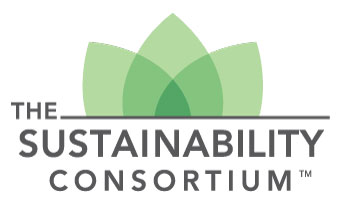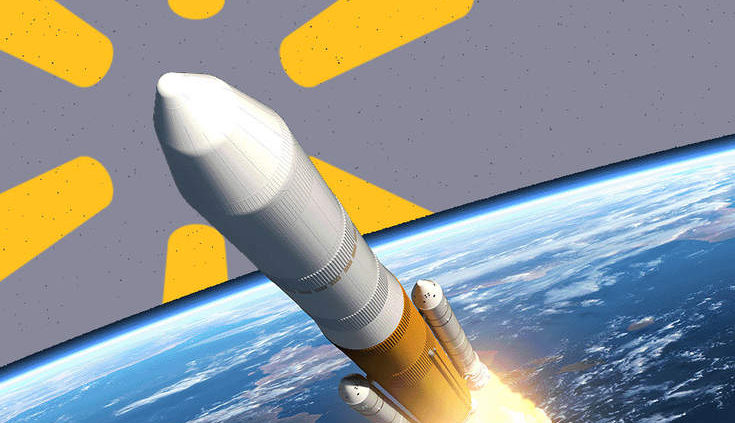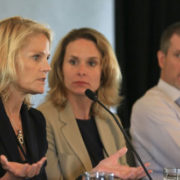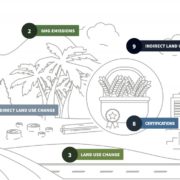GreenBiz | Why Walmart’s Project Gigaton is corporate America’s ‘moonshot’
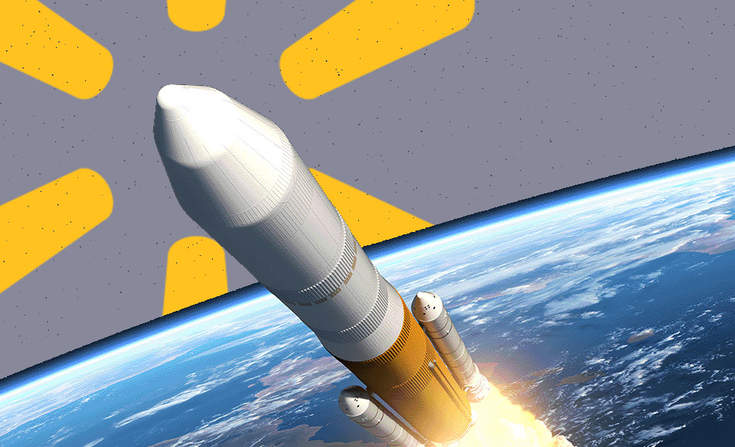
At a time when climate leadership from the federal government is decidedly lacking, today’s launch of Walmart’s Project Gigaton is a cause for celebration. It is proof that companies can step up to advance solutions that will help business, people and nature thrive.
Just like Walmart itself, this is big.
The world’s largest retailer has launched an initiative to remove 1 gigaton (that’s 1 billion tons — billion with a B) of greenhouse gas emissions (GHG) from its supply chain by 2030. To put that in perspective, that is the equivalent of removing the annual emissions of Germany — the world’s fourth-largest economy — from the atmosphere. This audacious goal is impressive; it’s corporate America’s “moonshot,” and it shows real leadership.
Why? Because, according to the Sustainability Consortium, the modern supply chain is responsible for 60 percent of all greenhouse gas emissions, 80 percent of all water use and 66 percent of all tropical deforestation. And with the global population projected to swell to 9.5 billion consumers by 2050, it is clear there is not just a crucial opportunity for businesses to meet growing global demand, there is also a real need to protect the planet. Embracing sustainable practices is no longer an option for business. It is an imperative. The planet needs fast action on a massive scale.
Embracing sustainable practices is no longer an option for business. It is an imperative. The planet needs fast action on a massive scale. So do forward-looking CEOs.
So do forward-looking CEOs. Shareholders are rewarding resiliency when companies climate-proof their global operations. And customers, especially millennials, expect sustainability to be baked into the things they buy. In short, business is looking to drive bottom-line value, including growth, with sustainability.
Which explains the significant Project Gigaton commitments being made by companies like Unilever (20 million metric tons of GHG reduction) and Land O’ Lakes (20 million acres sustainably farmed) and commitments made in the past six months by Apple, Amazon, Google, PepsiCo, Smithfield Foods and others.
Read full article here
